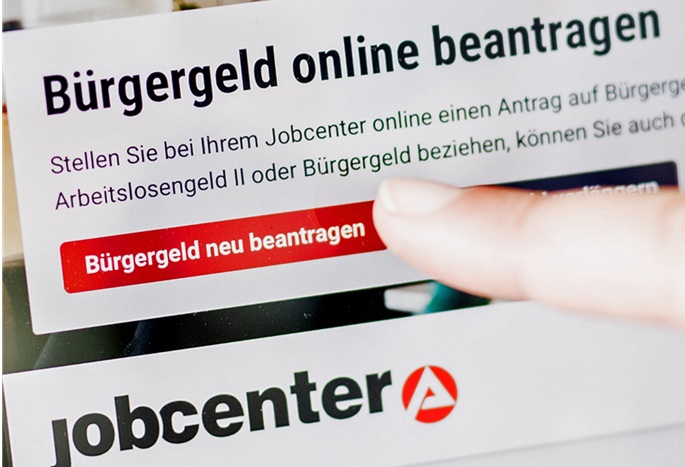
Germany's jobless benefits set to remain frozen in 2026
Unemployment benefits in Germany are set to remain frozen in 2026, according to plans by Social Affairs Minister Bärbel Bas. A spokesman for the Ministry of Labour said that the thresholds to increase the basic income payment, known as Bürgergeld (citizen's income), under the existing formula would not be met by January 1, 2026. The German Cabinet still needs to approve the plan. The spokesman's statement, in response to a question, confirmed a report in the mass-circulation tabloid Bild. Germany's new unemployment benefit system was agreed in late 2022 by then-chancellor Olaf Scholz's coalition government and introduced in 2023. In 2024, amid high inflation rates, the monthly payment for single unemployed adults rose to €563 ($658). According to the current plans, that figure is set to remain unchanged in 2026, as it did in 2025. Benefits for people with children will remain between €357 and €471 per child, depending on their age. Bas, a Social Democrat, also announced plans to tighten rules for recipients of welfare benefits, including stiffening penalties for those who don't pursue work - for example, if one fails to attend appointments at the government job centre without good reason. "I'm ensuring more rigour in support. Anyone who fails to turn up for an appointment without good reason will now be penalized significantly more," Bas told Bild. "The message is clear: We help people get into work, but you have to be willing to participate. Anything else is unfair to those who get up every morning," she said. According to government figures, there were a total of around 5.5 million recipients of basic income support in Germany in 2024. Of these, just under 4 million were fit for employment - basically able to work at least three hours a day. Official figures showed that Bürgergeld payments accounted for €46.9 billion in 2024.